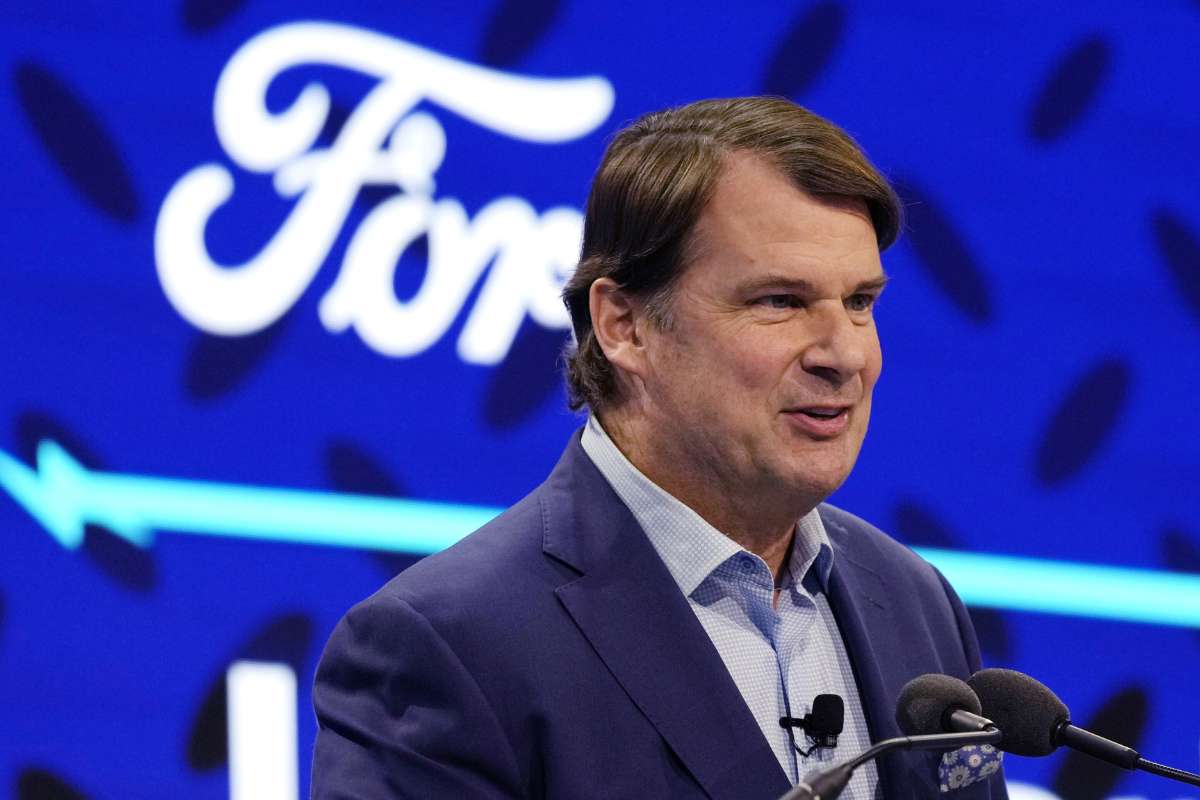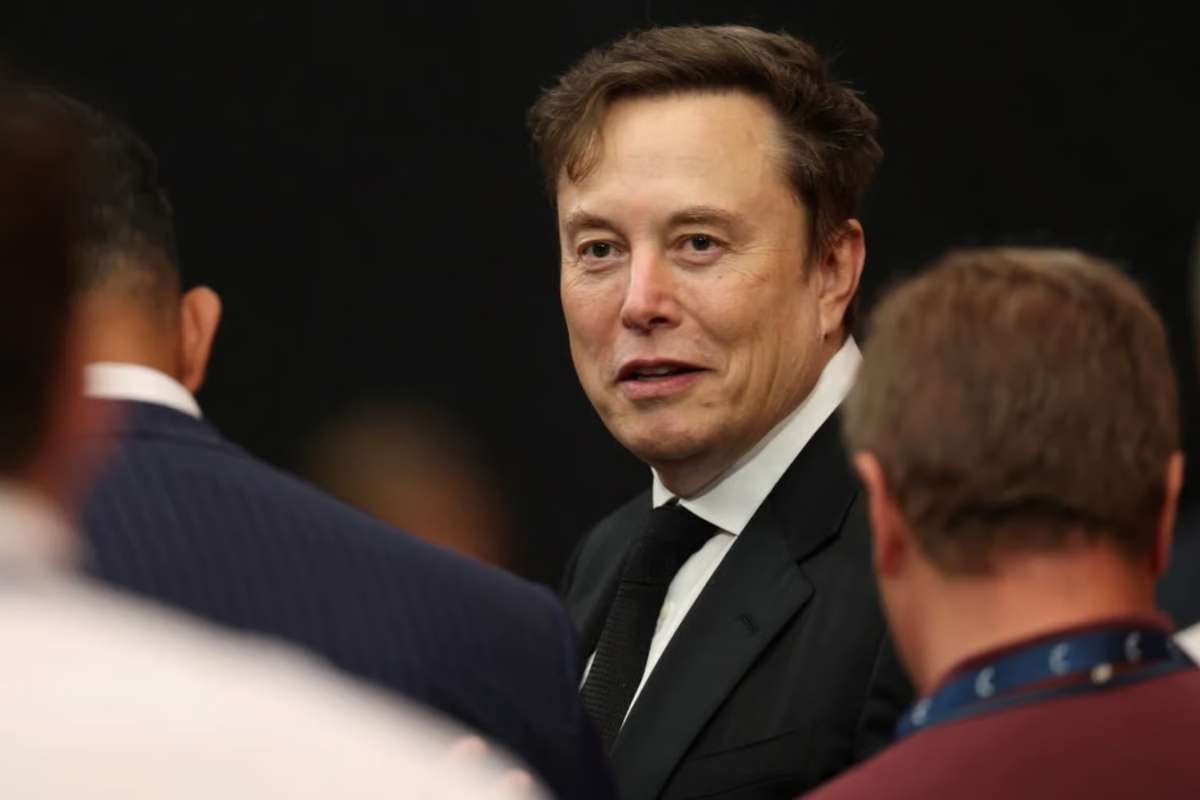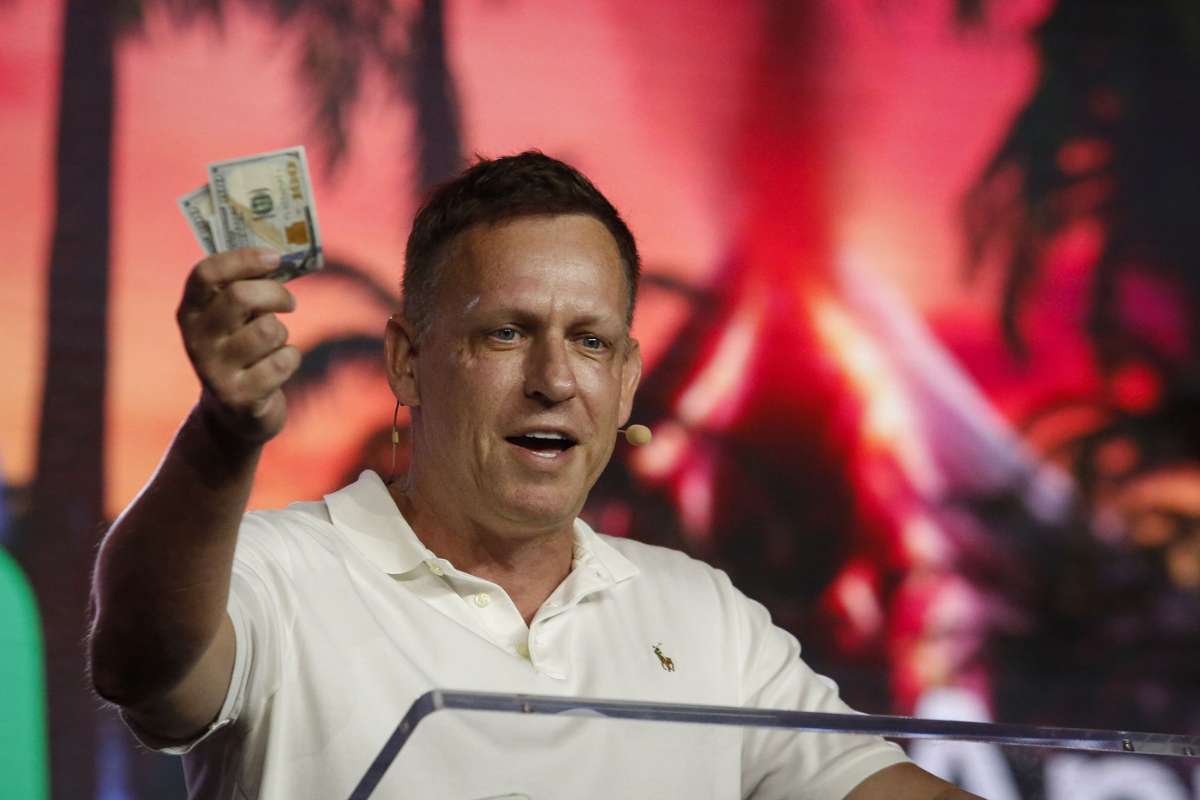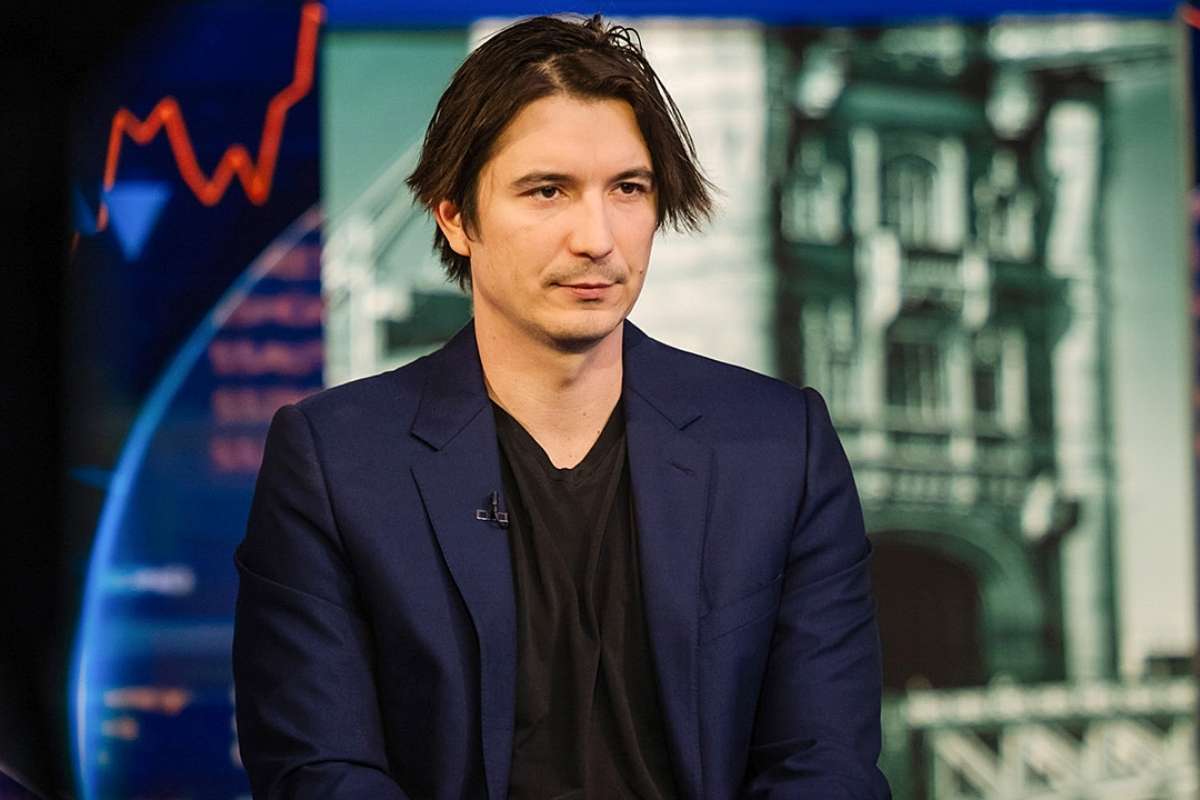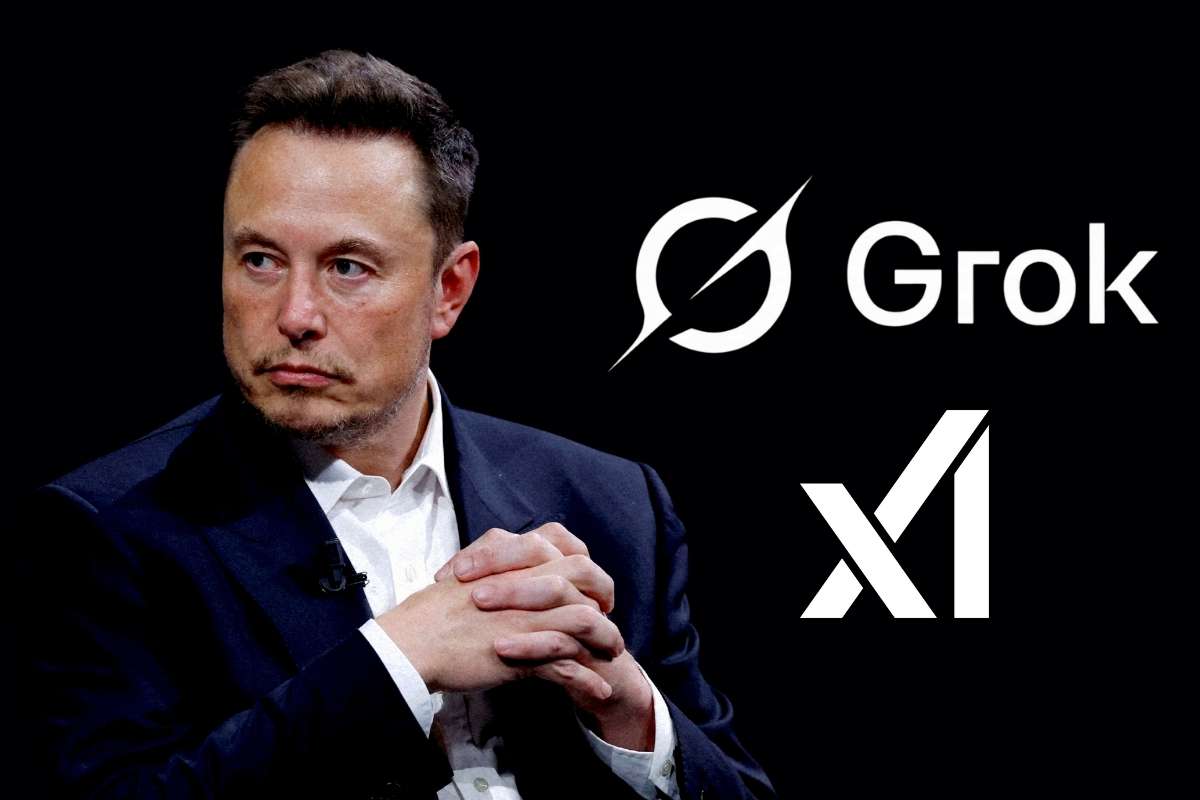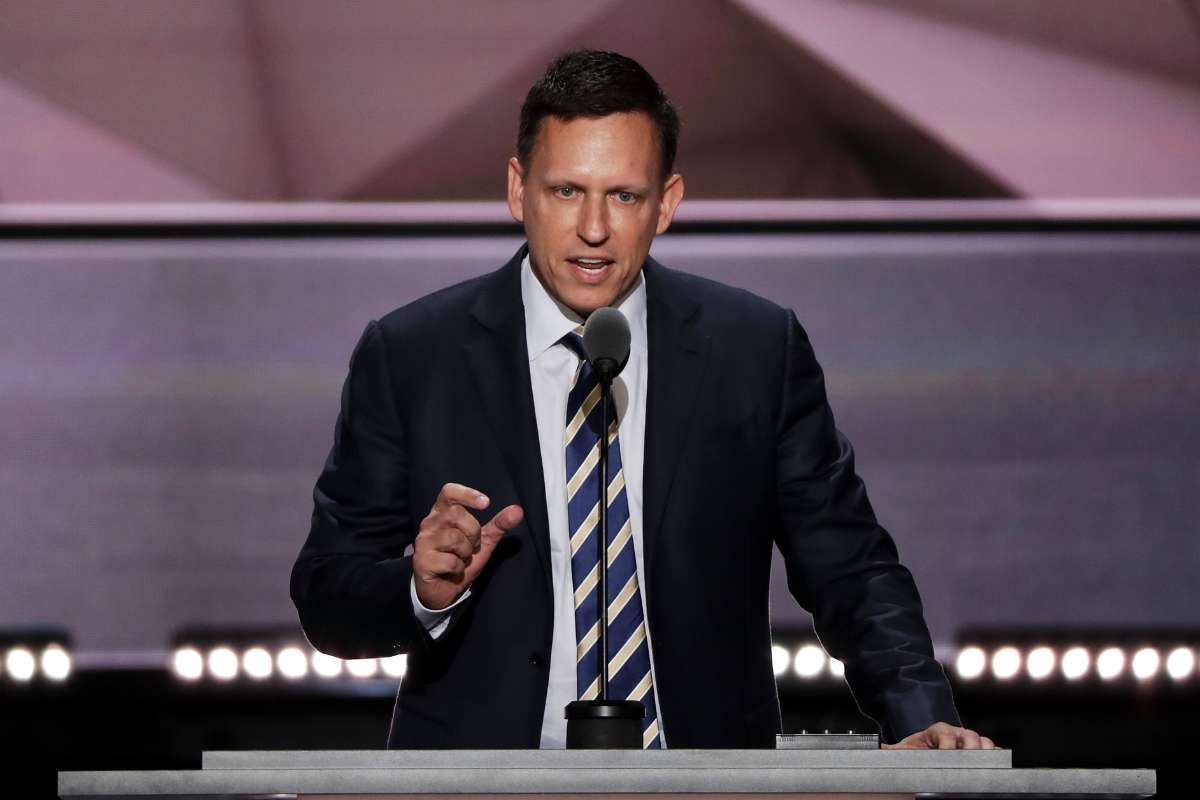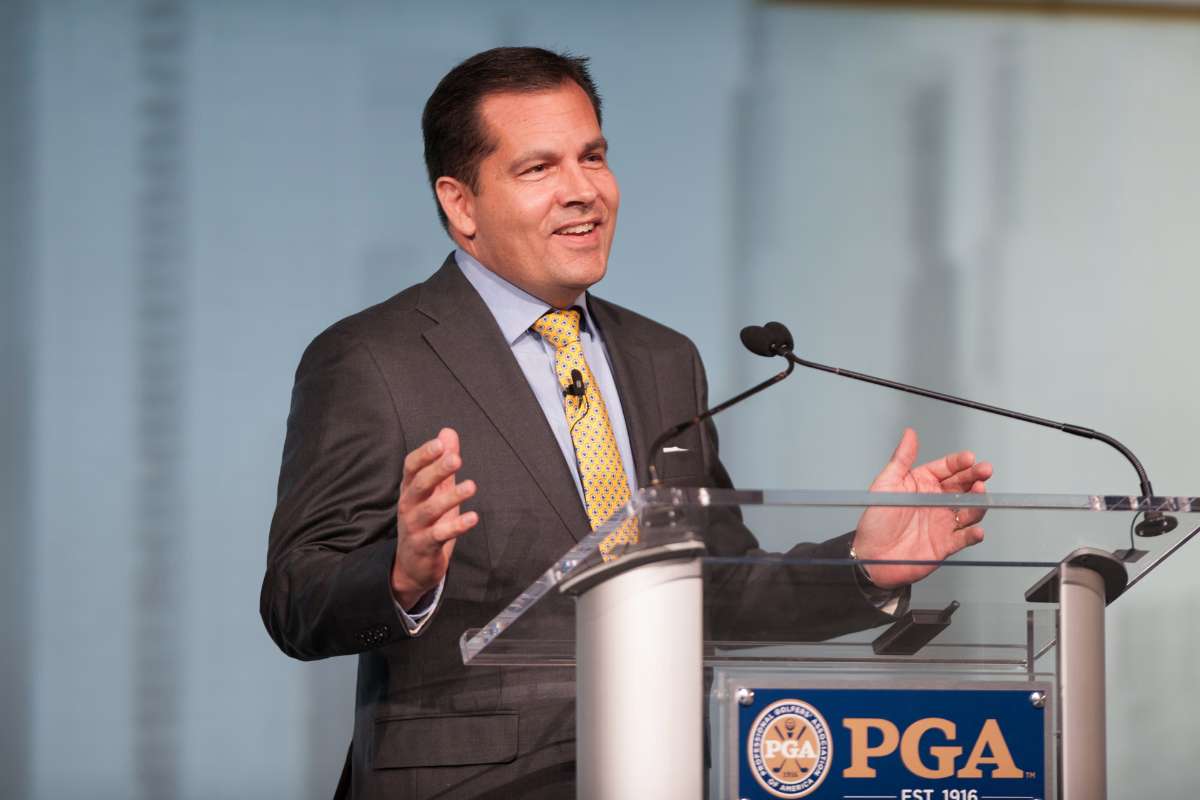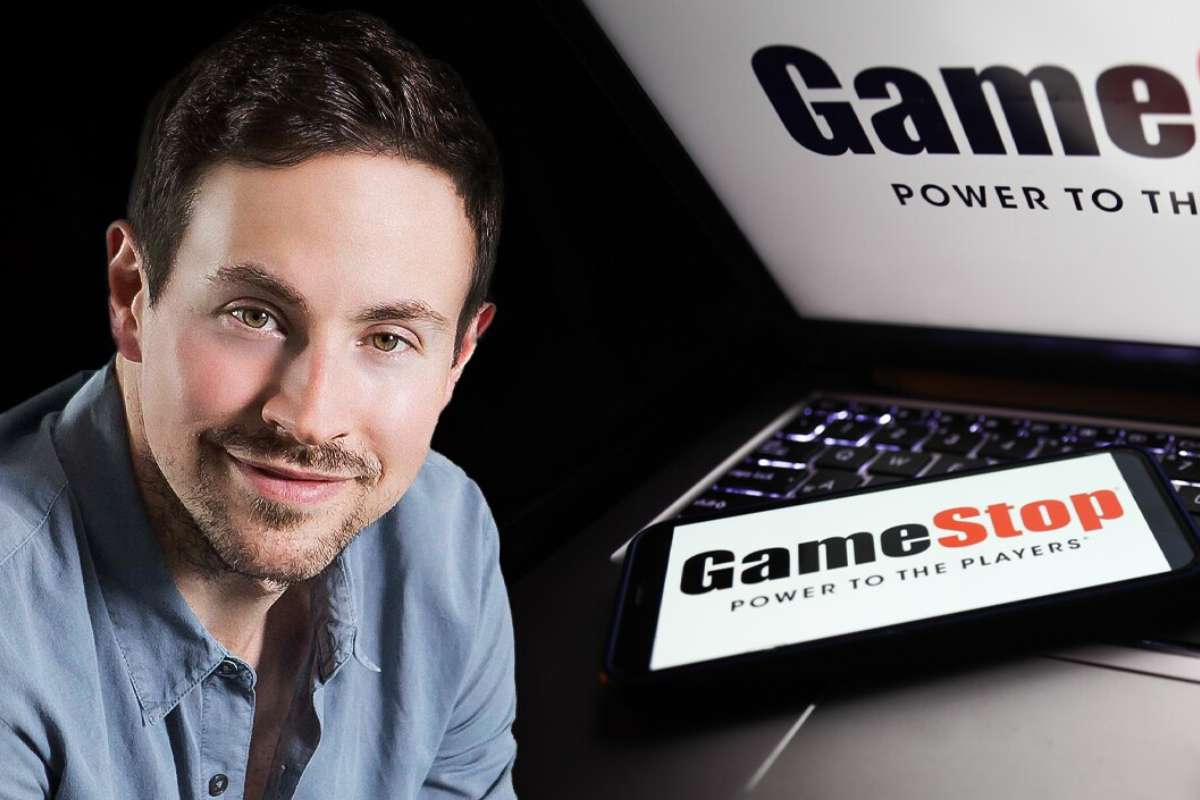Key Points:
- Farley urges respect for industrial jobs.
- Ford plans $30K EV by 2027.
- Calls for fair trade and better auto tech.
Ford Motor Company CEO Jim Farley says a recent exchange with young factory employees left a lasting impression: several workers admitted they had to juggle three jobs just to afford basic living expenses. Farley described the moment as a wake-up call about the pressures facing Generation Z in today’s economy.
The encounter has pushed him to reflect on how U.S. industries treat essential roles such as factory workers, electricians, and skilled tradespeople. Jim Farley warned that while automation threatens many white-collar positions, America risks neglecting the very workforce that keeps its industrial backbone intact. He argued that these jobs deserve more cultural respect and investment, not just higher wages, if manufacturing is to remain a strong pillar of the economy.
Ford’s Bold Bet on a Universal EV Platform
Alongside workforce concerns, Farley is steering Ford through one of its most radical strategic shifts in decades: a complete redesign of its electric vehicle program. At the centre of this pivot is a new Universal EV Platform, slated to debut in 2027.
The platform is being developed by a small, independent engineering team tasked with stripping away decades of automotive complexity. Jim Farley believes this approach will allow Ford to deliver a mass-market EV at around $30,000, a price point he sees as critical to mainstream adoption. Unlike Ford’s earlier EV efforts, which struggled with cost efficiency, the new platform will start lean with limited configurations before scaling up.
Jim Farley openly acknowledged the risks. No automaker has yet proven it can build profitable EVs at such a low cost, but he insists this “clean-sheet” approach is the only way to compete against global rivals, particularly Chinese manufacturers that benefit from government support and aggressive cost structures.
Tariffs, Trade Tensions, and the Future of Mobility
Beyond the factory floor and engineering labs, Farley is vocal about the policy and trade challenges that weigh heavily on automakers. He noted that tariffs on imported parts have cut significantly into Ford’s margins, making it harder to compete on a global scale. He urged policymakers to create a level playing field, warning that inconsistent tariff structures risk undermining U.S. industrial competitiveness.
Jim Farley also highlighted the cultural challenge of inspiring younger generations to see value in essential jobs. He emphasised that manufacturing roles can offer strong pay, stability, and upward mobility — yet too often they are overlooked in favour of tech or office careers.
On the digital side, he confirmed Ford’s commitment to integrating popular systems like Apple CarPlay while continuing to build its own in-vehicle technology. He argued that the future of the car industry will be defined not just by electric motors and batteries but by the software and digital experience that drivers interact with every day.
Taken together, Farley’s remarks paint a picture of an auto industry at a crossroads — balancing generational workforce pressures, massive technological transformation, and global trade tensions. For Ford, the next few years may define not only its place in the EV market but also its role in shaping America’s industrial future.
Visit Visionary CIOs for the most recent information.

